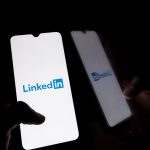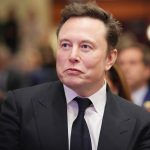Reports indicate Elon Musk is on track to close his purchase of mildly popular bird website Twitter dot com as of this Friday, which is when he’s been ordered by the judge in the ongoing legal fracas to do so anyway. The deal closing is bound to have huge impacts, for Twitter employees themselves; for global political leaders; for news media; and potentially, for Apple and its escalating in-app-purchase land grab.
Apple updated its developer guidelines this week, mending the wall on its garden where there gaps existed previously around digital revenue opportunities for third-party developers. One of these focused on crypto and NFTs, but another seeks rent on revenue made by social networks around promoted posts, including paid promotional efforts in Meta’s Facebook and Instagram apps, for example. Those rules also apply to Twitter, but that social network already makes use of Apple’s IAP program to enable them on iOS devices, meaning the iPhone-maker already gets its cut.
If Twitter’s already cool with Apple’s skim, then everything should be fine… except that Musk has waded into the wider debate about what’s fair for Apple to charge its partners when it comes to digital transactions on its platform. Early on Wednesday, the billionaire serial founder tweeted a response to his longtime investor Bill Lee agreeing that “30% is a lot” for Apple to charge developers for IAP transactions. This isn’t the first time he’s expressed disapproval of the fee, either.
Right now, Musk has little stake in this fight, but come Friday that could change significantly, especially as he looks for ways to boost Twitter’s revenue once he takes over control. Apple already has its fair share of influential vocal developer opposition, including Epic’s Tim Sweeney and Spotify’s Daniel Ek, but the influence Musk wields with his zealous troll army is on another level entirely.
A Musk-owned Twitter is going to have ripple effects that extend far and wide, but this could be one that shakes up some of the foundations upon which the modern tech ecosystem is based.
Twitter’s Elon problem could soon become Apple’s Elon problem, too by Darrell Etherington originally published on TechCrunch






